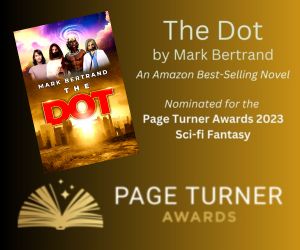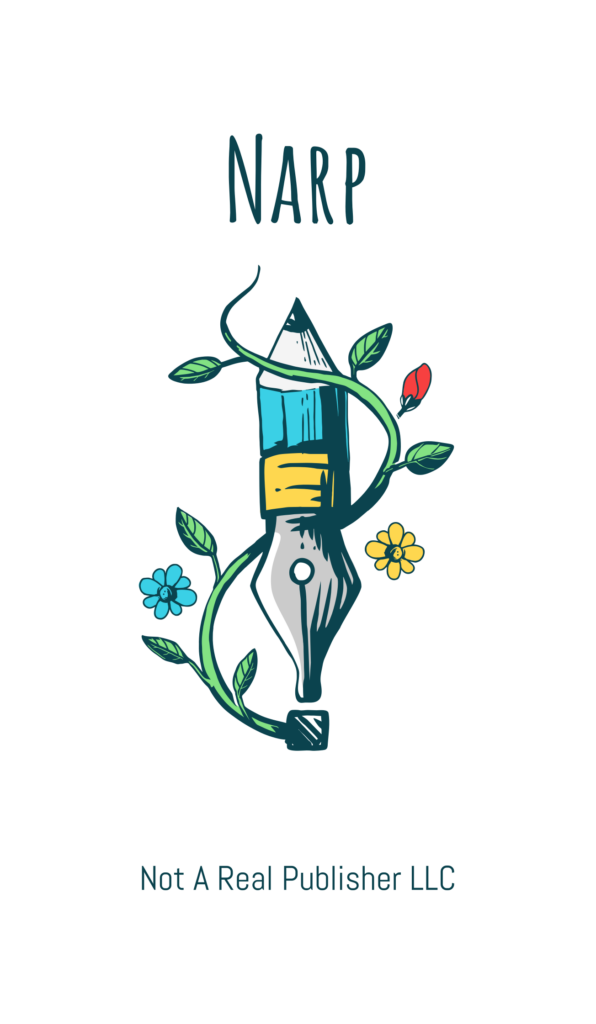Killer App Billionaire Tracker Eat The Rich
Part One: The Kill List
I’m staring at a wall of dead billionaires. Fourteen faces, frozen in time. Some were smug, others oblivious, a few carrying that vacant, glassy look of men who knew too much before the end came.
Eleven taken by sniper rounds. Two blown apart in the harbor. One knifed in his own home. The details are different, but the pattern is clear. Someone is hunting the wealthiest men in America. And they’re using a new app to do it.
The FBI has no suspects, no motive, no leaks—only the chilling common denominator: Billionaire Tracker.
I lean back in my chair, eyes unfocused. This story could be career-defining. Or it could be the last one I ever write.
The App That Shouldn’t Exist
Billionaire Tracker appeared on underground app stores two months ago, lurking in the corners of the dark web before making its way onto side-loaded marketplaces. It operates in near-total secrecy, disguised behind false branding and encrypted servers. But its purpose is simple—and terrifying.
It tracks billionaires.
Not just their net worth. Their locations.
The app aggregates real-time data from three powerful surveillance sources:
- Maritime Satellite Tracking: Every private yacht carries an Automatic Identification System (AIS) transponder, pinging its location to satellites. Billionaire Tracker scrapes this information, pinpointing where luxury vessels move across the seas.
- Private Jet Transponders: The FAA requires aircraft to broadcast altitude, speed, and heading via the Automatic Dependent Surveillance–Broadcast (ADS-B) system. Open-source flight trackers pick up these signals. The app siphons them, mapping out high-profile jet movements in real-time.
- Private Security Networks: The ultra-rich don’t just travel—they do so with armed men. Billionaire Tracker cross-references known security firms, tracking their movements via geotagged social media posts, hiring logs, and leaked contractor schedules.
In short: the app tells you where billionaires are, where they’re going, and who is protecting them.
It was built by a man named Darren Holt.
The Creator
Holt wasn’t a name before this. A mid-level developer, he’d been working on AI-driven data aggregation tools before launching two apps. The first, Watchtower, was designed to allow journalists and human rights activists to track paramilitary movements in conflict zones. A noble cause. It got traction in niche circles. Then came Billionaire Tracker.
And now, fourteen of the wealthiest men in America are dead.
Six of the suspects arrested were active users of Billionaire Tracker.
The authorities haven’t caught up with Holt yet. Maybe they think he’s another nameless hacker. Maybe they don’t want the public asking why this information was ever public in the first place.
I, however, know exactly where to find him.
The Interview
Holt’s apartment is an anti-surveillance bunker. No smart devices. No routers. He meets me at a designated safe house, phone-less, carrying only a burner laptop.
“I didn’t build it for this,” he says.
The glow from my recorder’s red light casts a shadow over his jawline.
“What did you build it for?” I ask.
His fingers tap against the table—nervous, restless. “For accountability.”
I wait.
He exhales sharply. “You know what these people do. They dodge taxes. Move their money through shell companies. Use private security like medieval warlords. They fly across borders with impunity. What happens when normal people can see what their rulers are doing?”
“They start shooting,” I say.
Holt’s mouth tightens. “Not my intent. Not my problem.”
“Fourteen dead billionaires. If that’s not your problem, whose is it?”
His nostrils flare. “You think the system works for you? You think these people aren’t criminals? How many coups have they funded? How many backroom deals? They can move through the world untouched, and the second they feel vulnerable, the world loses its mind.”
I shake my head. “You didn’t answer my question.”
Silence. Then, a whisper.
“It was inevitable.”
A World on Fire
Holt’s app isn’t just being used by lone wolves. The FBI is piecing together links to organized paramilitary groups.
Militia cells. Leftist vigilantes. Anarchist factions. Even extremist veterans who once swore oaths to protect the nation.
They’re coordinating.
The Murders
Sardnia Island Kill
The billionaire’s yacht was still a quarter of a mile from port when the first shot rang out. The sniper had a perfect perch—a rocky outcrop overlooking the water, nestled between coastal ruins.
The first bullet ripped through Jonathan Wyler’s chest, punching a hole just above his heart. The second found his wife’s throat before she even realized what was happening. The third—a surgical shot—shattered the skull of their 18-year-old son, who had made the mistake of standing too close to the railing.
Panic erupted. The yacht’s security team, armed but unprepared, scrambled to get everyone below deck. The sniper didn’t push his luck. He vanished before the Italian police could mobilize, leaving behind only three bodies, three perfect kills, and a shell casing buried in the sand.
The Hamptons Golf Course Massacre
The greens were pristine, the sun warm, the security tight—until the shots started.
A billionaire’s golf retreat. Two billionaires, Michael Reeves and Daniel Rourke, were finishing their game when the first bodyguard dropped. A precise headshot, sending him collapsing over his golf bag.
Then the next one fell.
And the next.
Four armed guards—each with tactical gear, each dead before they even raised their weapons. The sniper had their profiles, their patterns, and their exact positions.
The final two shots were reserved for Reeves and Rourke.
One between the eyes.
One straight through the temple.
The shooter was gone before the blood dried on the grass.
The Monaco Bombing
The explosion shattered the morning calm, sending concrete, steel, and seawater into the air. The blast didn’t just take out its target—it leveled the entire Monaco port break wall, sending a shockwave that capsized boats and shattered windows for miles.
Eight yachts were destroyed in seconds, their hulls ripped apart, fuel igniting the water. Five millionaires were confirmed dead, caught in the inferno, along with one billionaire, Leo Samuels, who had just stepped onto the dock.
Forensics later determined that the bomb was military-grade, planted within the support structure of the break wall itself. It had been waiting for the right moment—detonated when the highest concentration of VIPs was present.
The official narrative? A freak accident.
The truth? Someone planned this. Someone with knowledge, patience, and a reason.
I don’t know if Holt is a revolutionary or a fool. But I do know this:
He’s not finished.
Neither are they.
To Be Continued…
(Part Two will reveal how other vigilante groups are leveraging the app, and what Holt’s second, more dangerous creation really is.)





